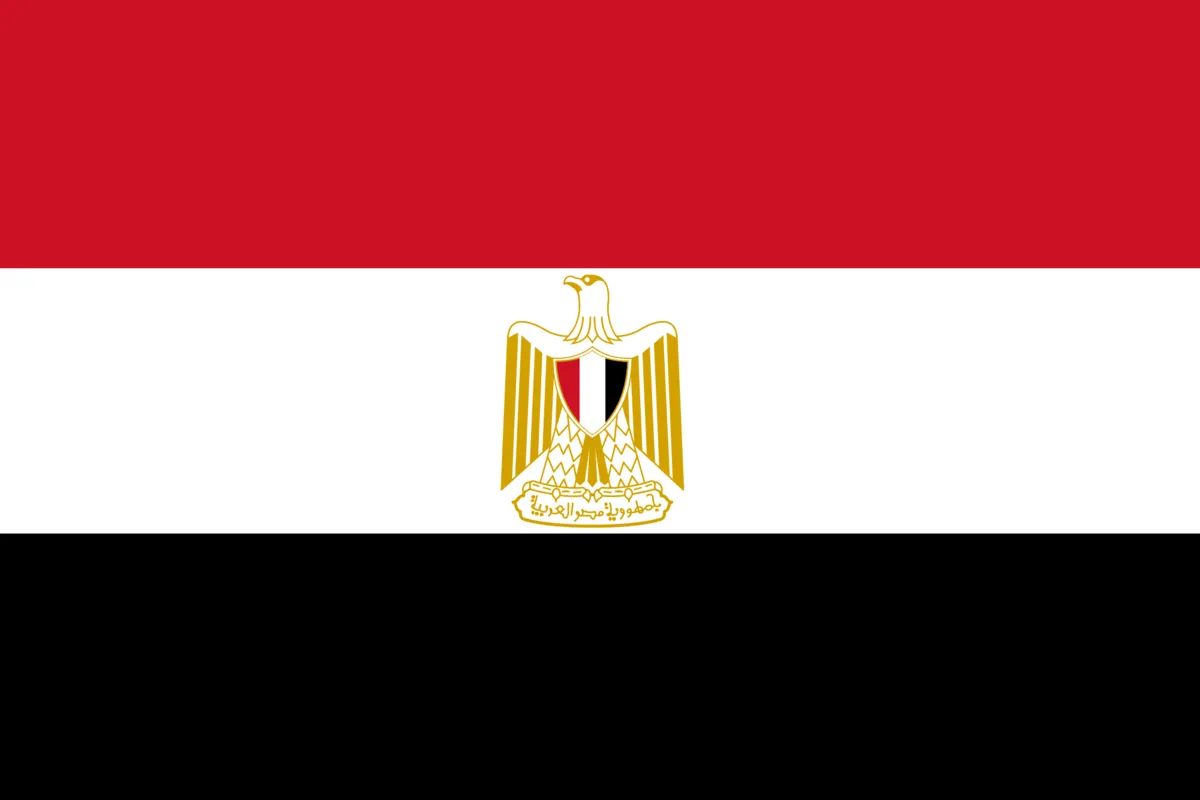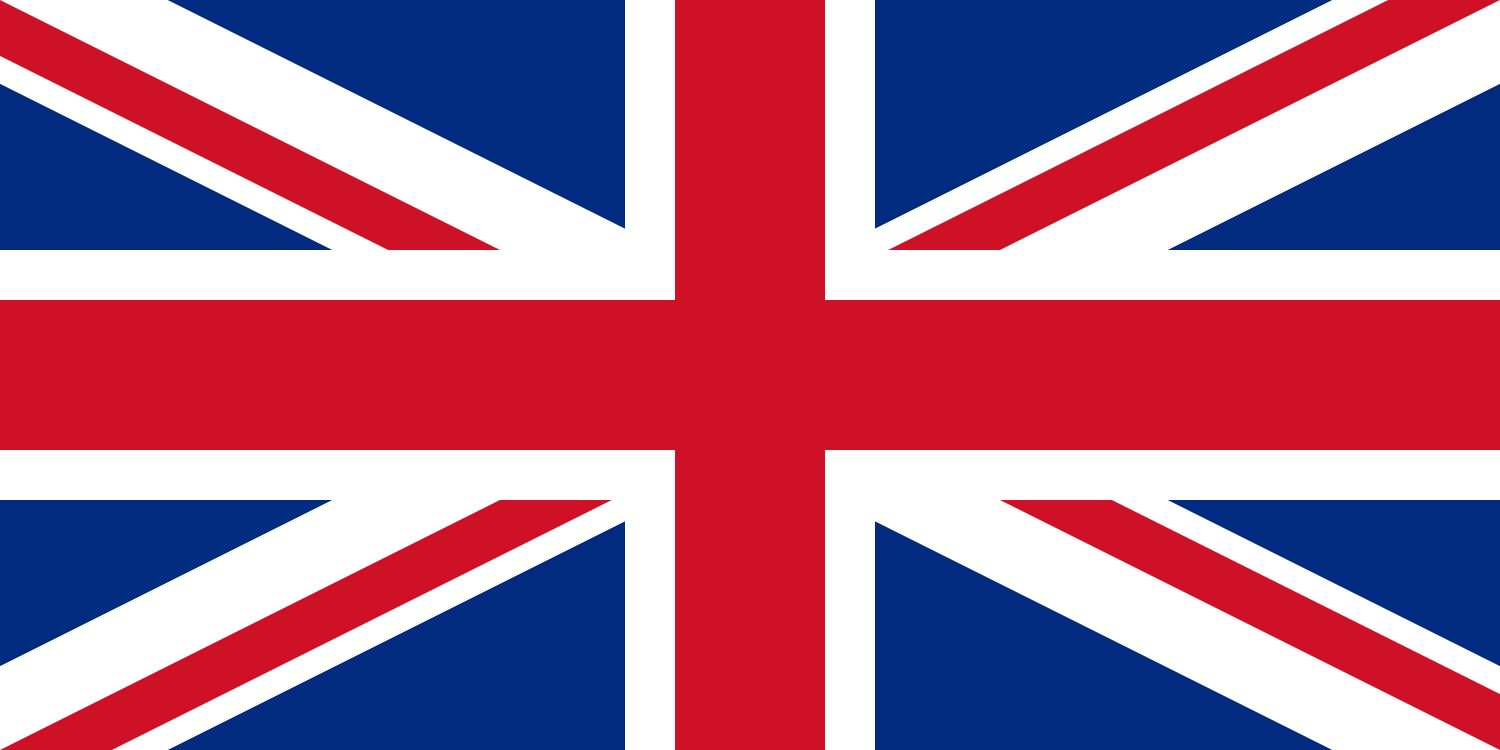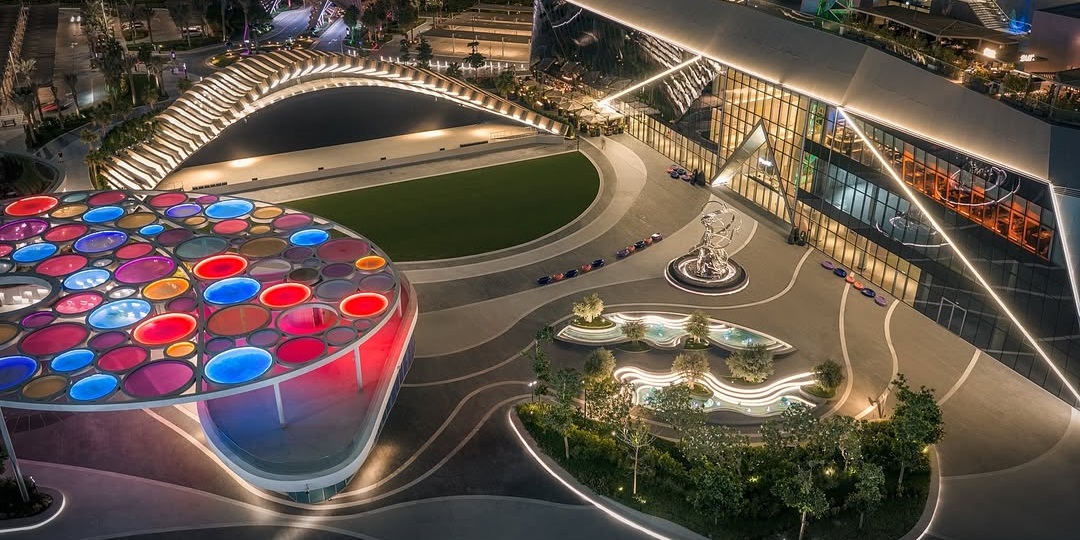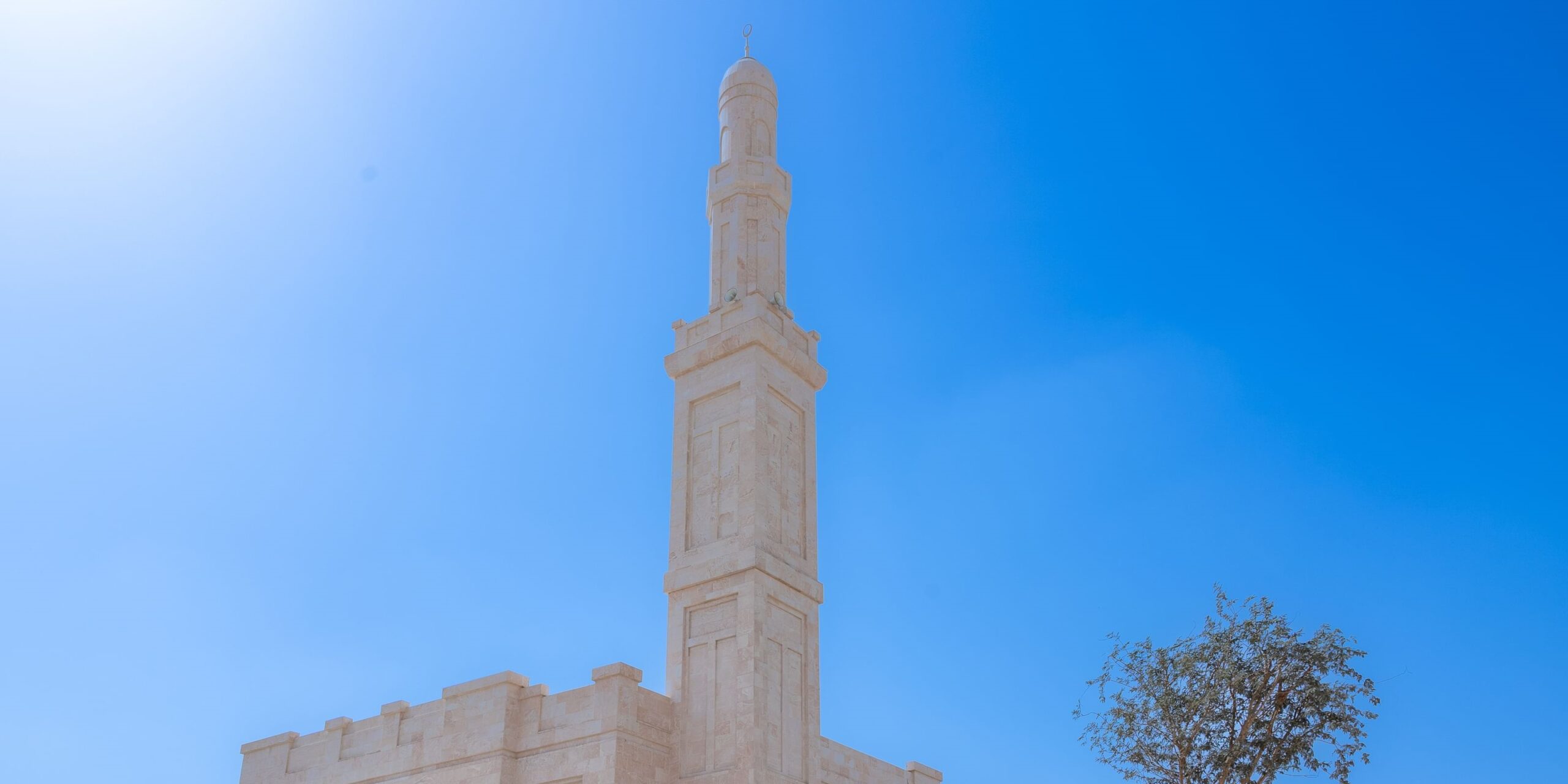A massive trade center called Bharat Mart is coming to Dubai by the end of 2026. Built to sell Indian-made products, the hub will be based in the Jebel Ali Free Zone (JAFZA) and is expected to play a major role in boosting trade between India and the rest of the world.
The project kicked off shortly after Dubai Crown Prince Sheikh Hamdan bin Mohammed wrapped up his first official visit to India — part of efforts to deepen ties between the two countries.
View this post on Instagram
Often likened to the well-known Dragon Mart (which features Chinese products), Bharat Mart will be a space for both business-to-business (B2B) and business-to-consumer (B2C) trade. In short, it’s for wholesalers, retailers, and everyday shoppers.
Once complete, the entire site will span 2.7 million square feet. The first phase, already under construction, will take up about 1.3 million square feet and include:
- 1,500 showrooms
- Over 700,000 square feet of modern warehouses
- Light industrial units
- Office spaces
- Meeting rooms
- A special section for women-led businesses
![]()
All of this will be placed in a location that’s built for global access. Jebel Ali Free Zone sits just 11 km from Jebel Ali Port, 15 km from Al Maktoum International Airport, and has easy access to the upcoming Etihad Rail network. That means quicker, smoother trade routes by sea, air, and land.
Thanks to Dubai’s vast logistics network, businesses operating from Bharat Mart can connect with over 150 sea routes and reach more than 300 cities by air. That’s a big plus for Indian exporters aiming to expand into the Middle East, Africa, and beyond.
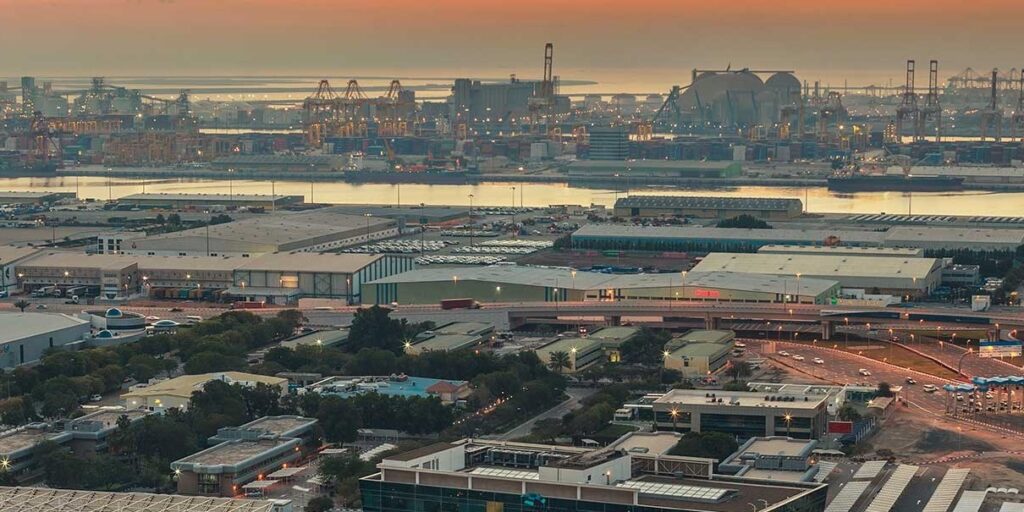
According to DP World’s Chairman Sultan Ahmed bin Sulayem, this project will especially benefit India’s micro, small, and medium enterprises (MSMEs), giving them a solid base to tap into international markets.
For Indian companies, especially smaller ones, Bharat Mart could be a game-changer. It offers direct access to global customers without the usual hurdles of setting up shop abroad. For Dubai, it strengthens its role as a global trade hub. And for shoppers and importers in the region, it means more direct access to authentic Indian products — all under one roof.

